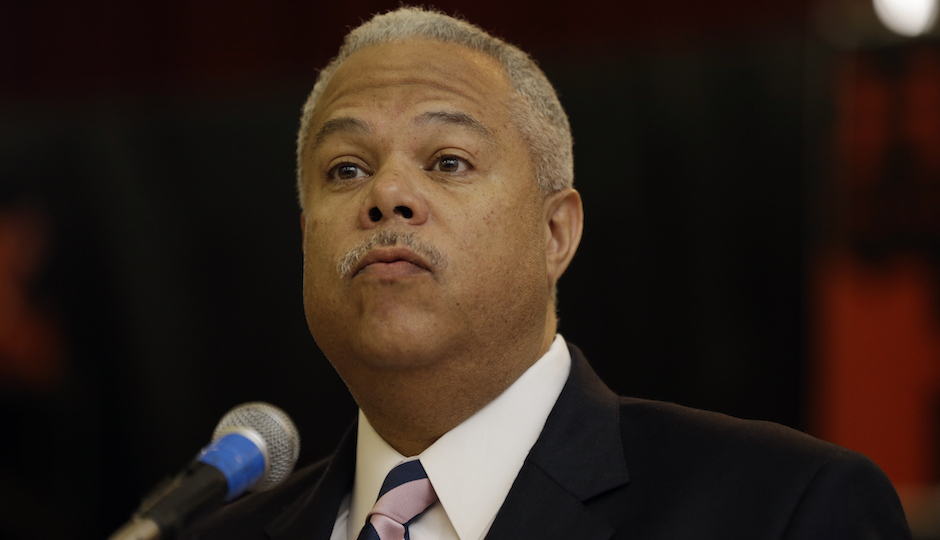Anthony Williams’ Half-Baked Plan for School Funding
When Citified sat down with Sen. Anthony Williams last week for a lengthy interview, we asked him why he hadn’t released an official mayoral platform. It had been two-and-a-half-months since he launched his campaign. He promised his platform would firm up soon.
Sure enough, on Monday, he rolled out the first policy paper, which addresses education funding and accountability. It’s thin.
As mayor, Williams says he would fight for increased funding from the state, in the form of a new, “fair and full” funding formula as well as the reinstatement of the charter school reimbursement.
“Increasing the level of state investment in Philadelphia public schools requires mayoral leadership with experience securing funding from Harrisburg,” the policy paper reads. “Anthony Hardy Williams is the only candidate in the race with that experience.”
Williams also says he would rein in the cost of educating and transporting city students with special educational needs, who are often placed in schools outside of Philadelphia. He says he would reduce that price tag by 10 percent by working with the city agencies that manage those placements.
But Williams’ paper is missing (at least) half of the equation: It says nothing about how much funding the city should provide to the schools, let alone how it should raise that money. Keep in mind that education has been Williams’ central legislative focus. It’s his passion. So where’s the meat?
To be fair, Williams’ campaign says this is only his first policy paper on education, and he will release others on “early college initiatives,” “neighborhood schools as community anchors” and “improving child care/pre-K.” Plus, compared to the other mayoral candidates, Williams is actually ahead of the pack — he and Doug Oliver, a former vice president at Philadelphia Gas Works, are the only ones who have released policy papers on major issues so far, as far as we know. (Here’s Oliver’s on education.)
We asked Team Williams to clarify whether he believes the city should provide more funding to the schools. His spokesman Albert Butler told Citified he does. He says Williams would do that by aggressively collecting delinquent property taxes, freeing up dollars by shoring up the city’s underfunded pension system, and raising additional tax revenues by attracting businesses to the city (by shifting Philadelphia’s tax burden away from wage and business taxes and onto property taxes).
However, it probably shouldn’t take our prodding for a mayoral candidate to at least mention his views on the city’s funding responsibilities in a policy paper that’s theoretically all about school funding. Hopefully, the next batch of proposals by Williams and the other candidates will be meatier and more thoughtful.
Anthony Williams’ Education Funding and Accountability Policy Paper
